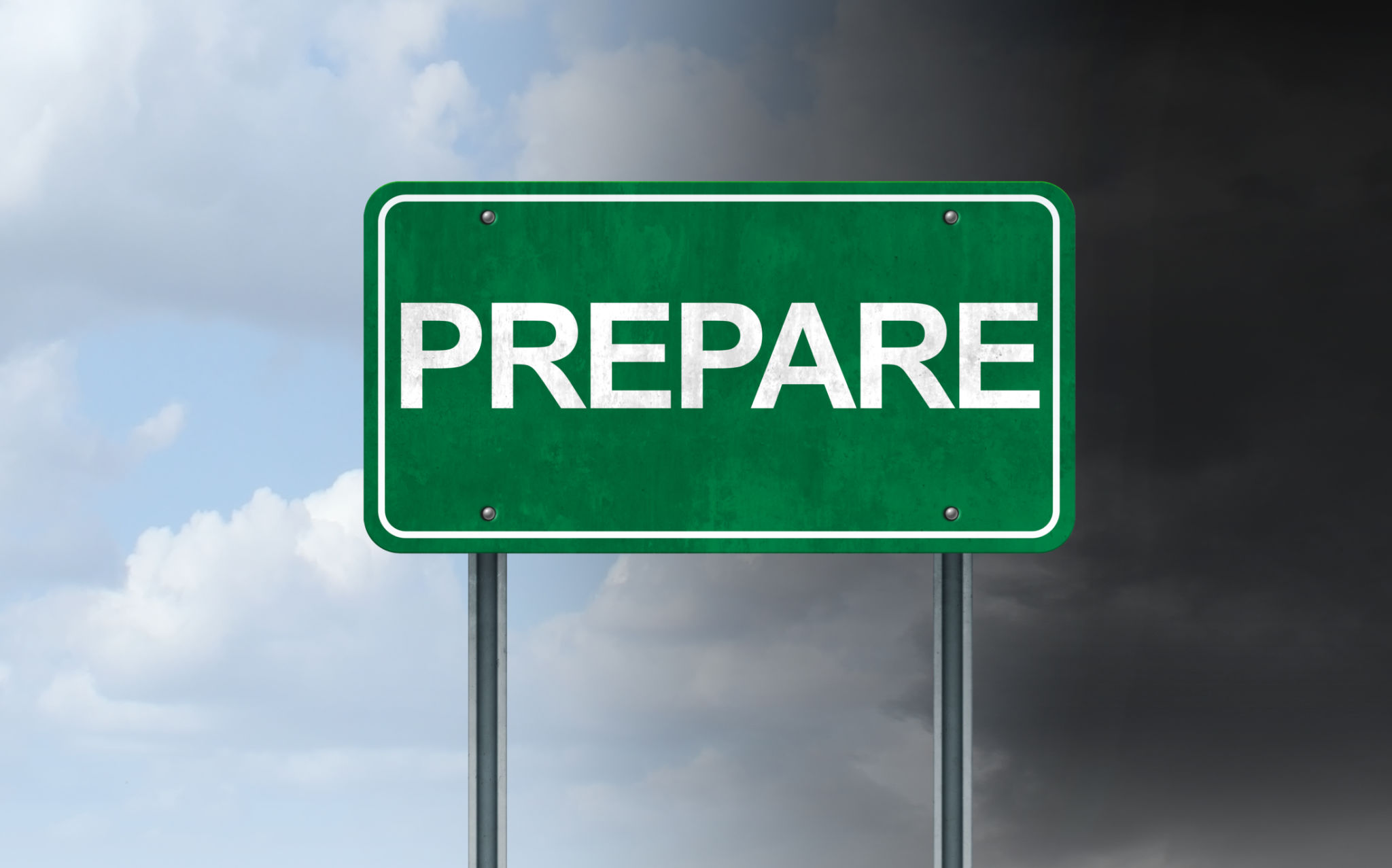A Step-by-Step Guide to Preparing Your Etobicoke Home for Winter
Inspect and Seal Windows and Doors
As the temperatures start to drop, it's essential to ensure that your home's windows and doors are well-sealed to keep the cold air out. Begin by inspecting all windows for any cracks or gaps. Use weatherstripping or caulk to seal any openings you find, which will help prevent drafts and maintain a cozy indoor atmosphere.
Don't forget to check your doors as well. Consider installing door sweeps if there are gaps beneath them. This simple step can significantly reduce heat loss and improve energy efficiency in your home.
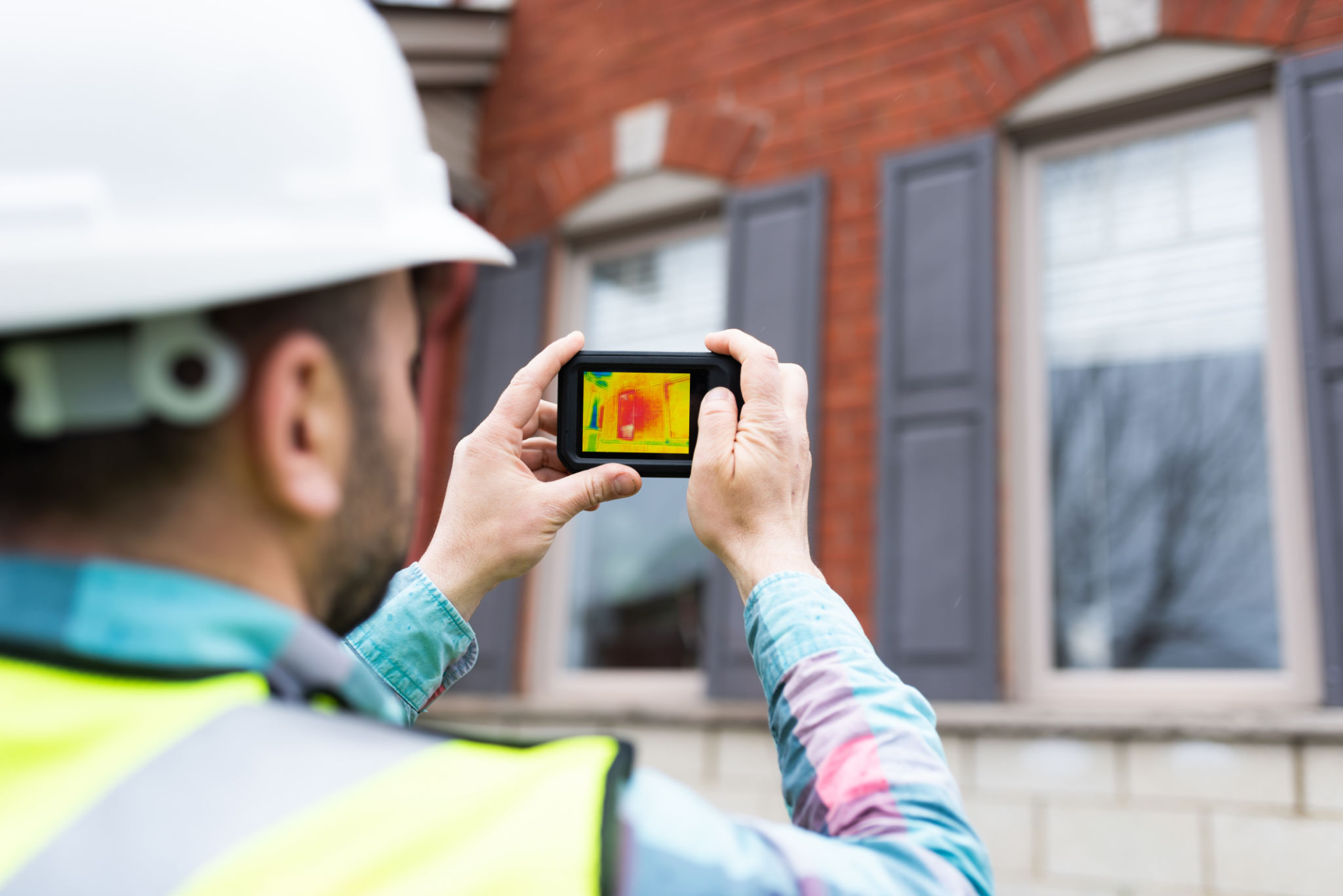
Prepare Your Heating System
Your heating system will be working overtime during the winter months, so it's crucial to ensure it’s in top shape. Start by scheduling a professional inspection and maintenance service for your furnace. Regular maintenance can help prevent unexpected breakdowns and ensure your system operates efficiently.
Additionally, replace or clean your furnace filters regularly. Dirty filters can impede airflow, making your heating system work harder than necessary, leading to higher energy bills.
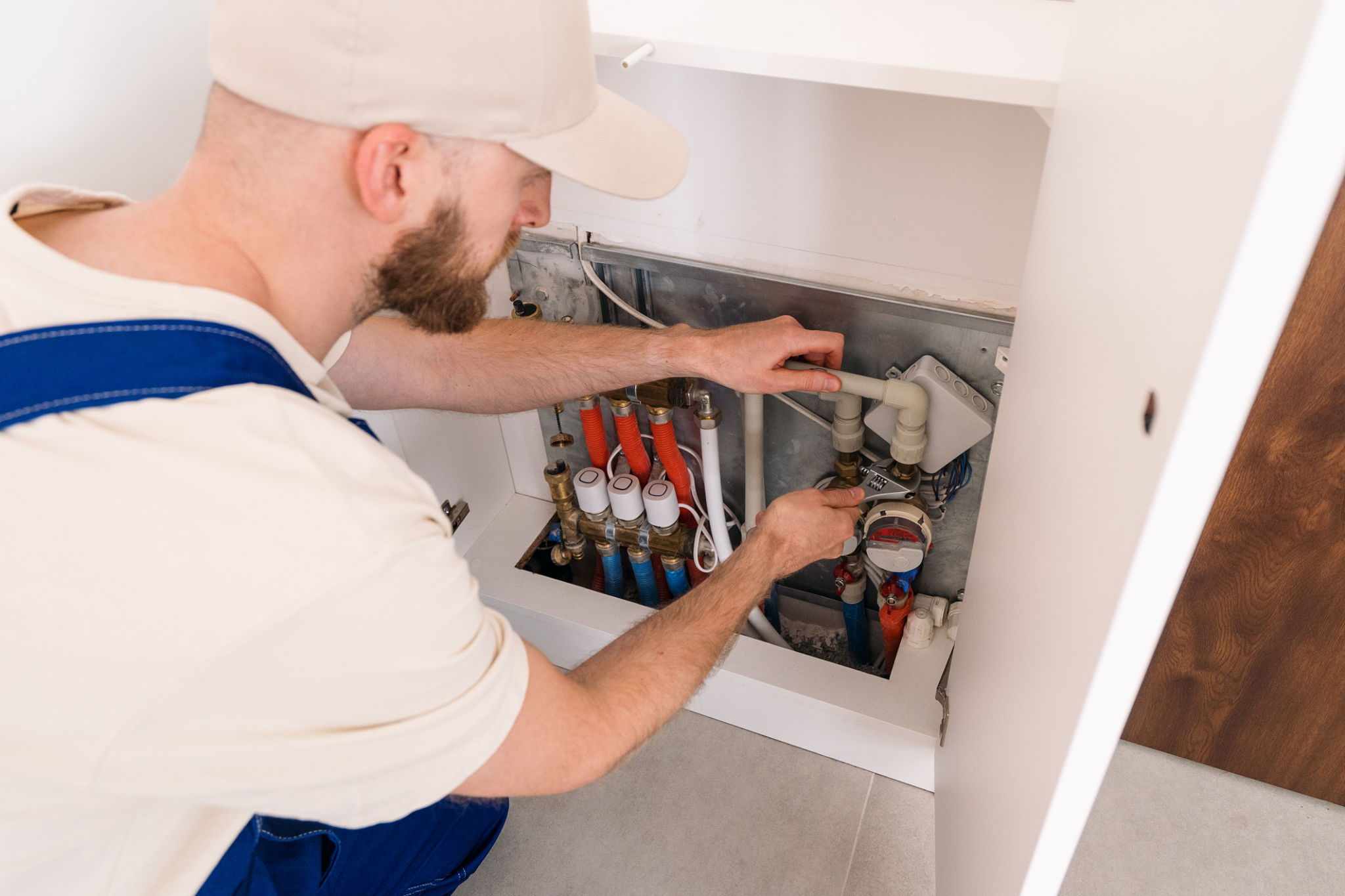
Insulate Your Home
Proper insulation is key to keeping your home warm during the cold months. Check your attic, basement, and exterior walls for insulation gaps. Adding extra insulation where needed can significantly improve your home's energy efficiency and comfort.
If you have an older home, consider installing storm windows or using window insulation film to provide an extra layer of protection against the cold.

Maintain Outdoor Areas
Winter preparation isn't just about the inside of your home—it's also vital to address outdoor areas. Start by cleaning out gutters and downspouts to ensure proper drainage. Clogged gutters can lead to ice dams, which can cause water damage to your home.
Trim any overhanging branches near your house to prevent them from breaking under the weight of snow or ice and damaging your roof or property.
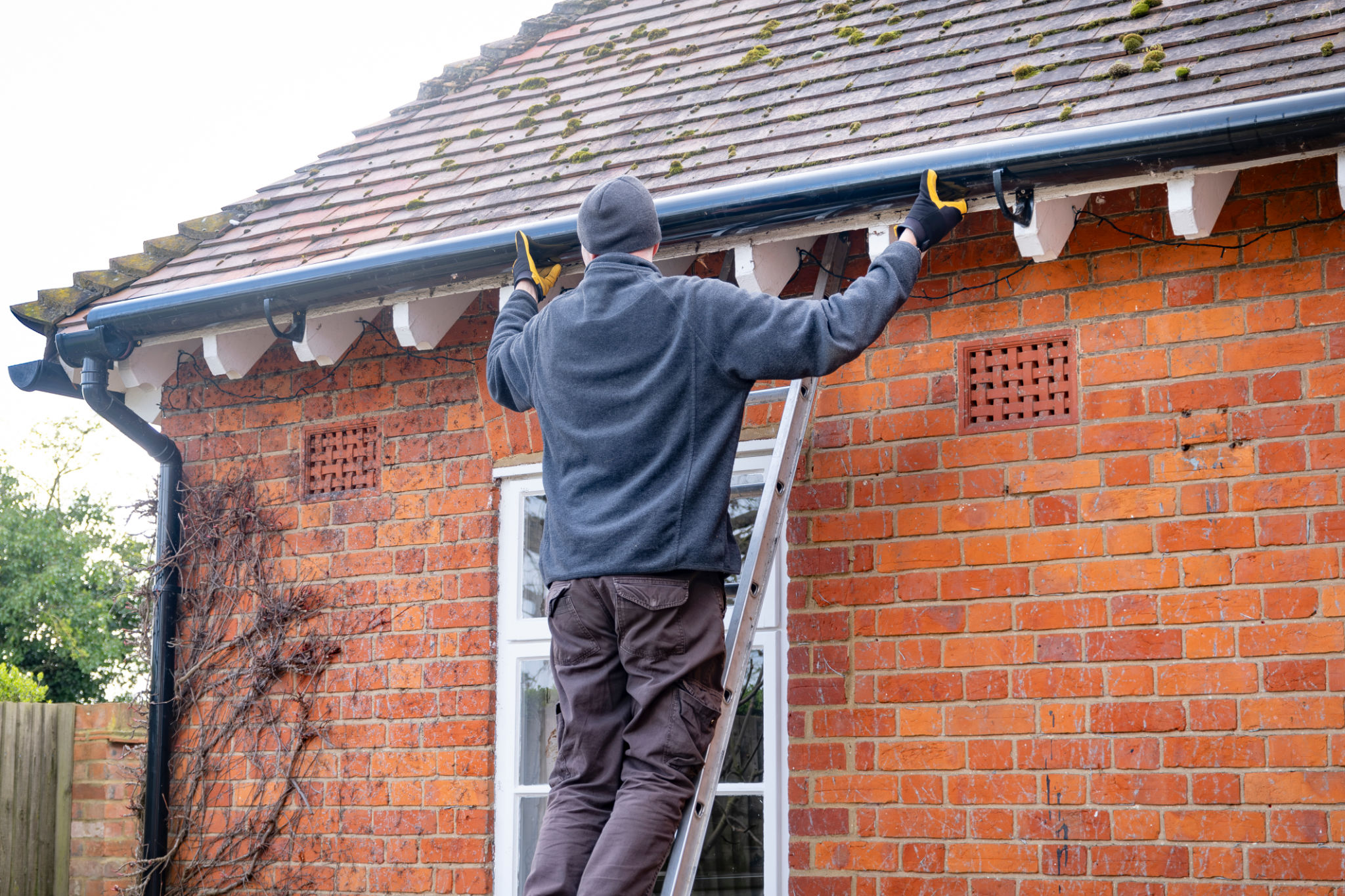
Protect Your Plumbing
Frozen pipes can cause significant damage and costly repairs. To prevent this, insulate exposed pipes in unheated areas like basements or garages. You can use pipe sleeves or heat tape for added protection.
Additionally, disconnect and drain garden hoses, and shut off water supply lines to exterior faucets. This step helps avoid potential freezing and bursting during the colder months.
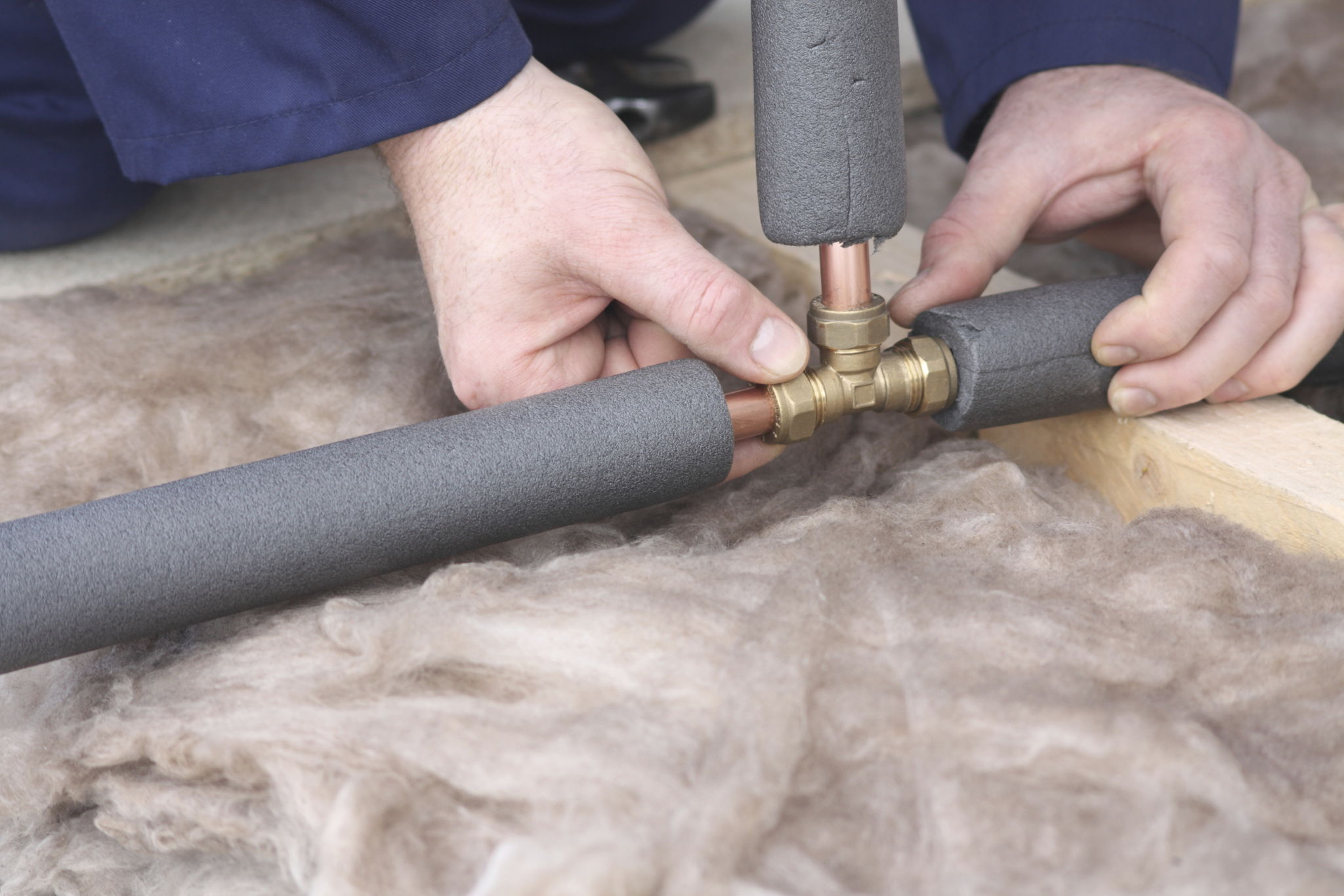
Check Smoke and Carbon Monoxide Detectors
With increased use of heating systems, the risk of fire and carbon monoxide exposure rises during winter. Conduct a thorough check of all smoke and carbon monoxide detectors in your home.
Replace batteries if necessary, and test each device to ensure it’s functioning correctly. Keeping these detectors in good working order is vital for the safety of your household.

Stock Up on Winter Supplies
Ensure that you are well-prepared for any winter emergencies by stocking up on essential supplies. Create a checklist that includes items like snow shovels, ice melt, flashlights, batteries, and non-perishable food.
Having these necessities on hand will keep you ready for any winter storms or power outages that may occur in Etobicoke.
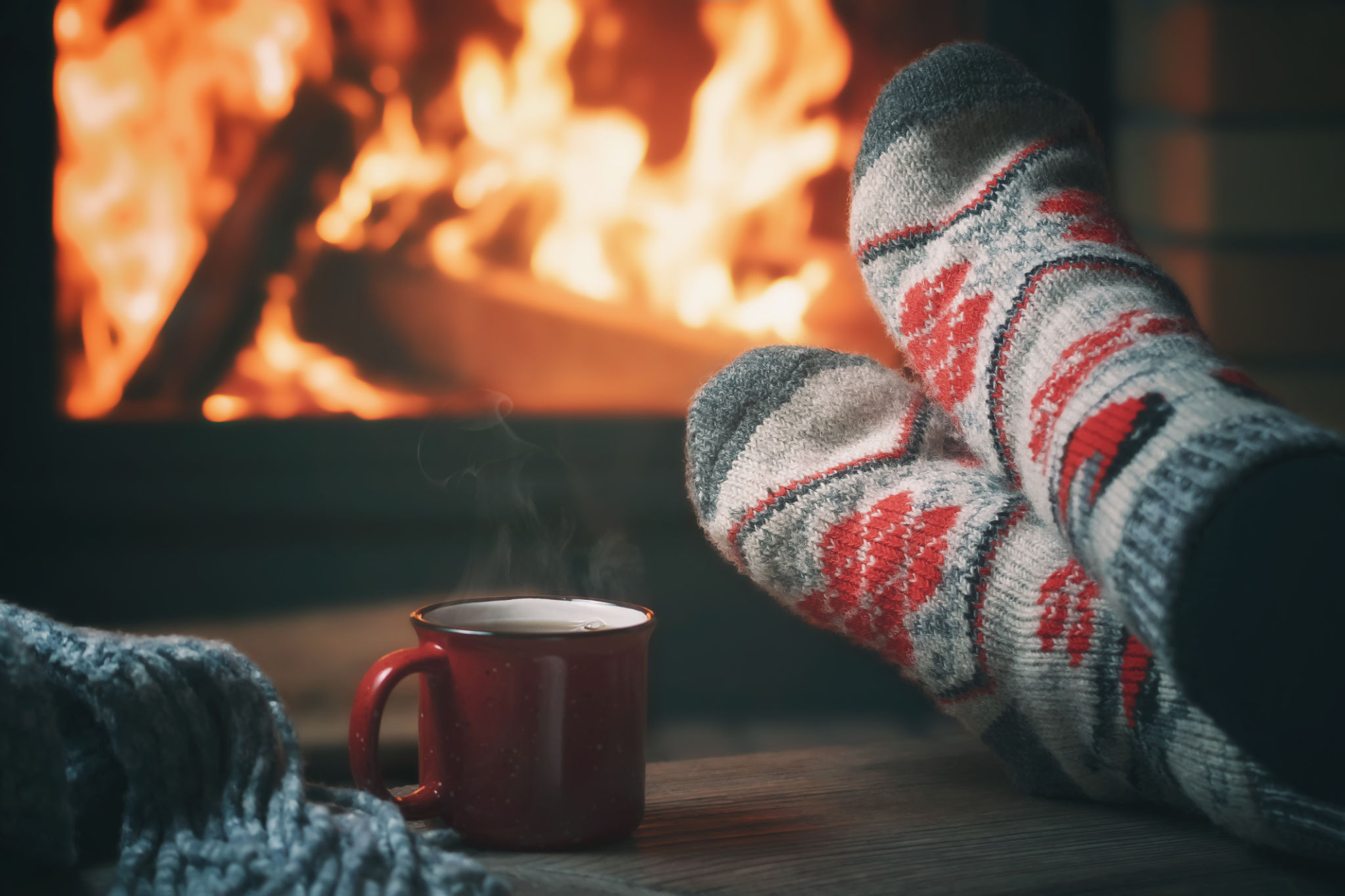
Test Your Home's Emergency Preparedness
Finally, review your home's emergency preparedness plan. Make sure all family members know what to do in case of a winter emergency or prolonged power outage.
Keep a list of important contacts, including local emergency services and utility companies, readily accessible. Being prepared will give you peace of mind and ensure the safety of everyone in your home during the winter season.
